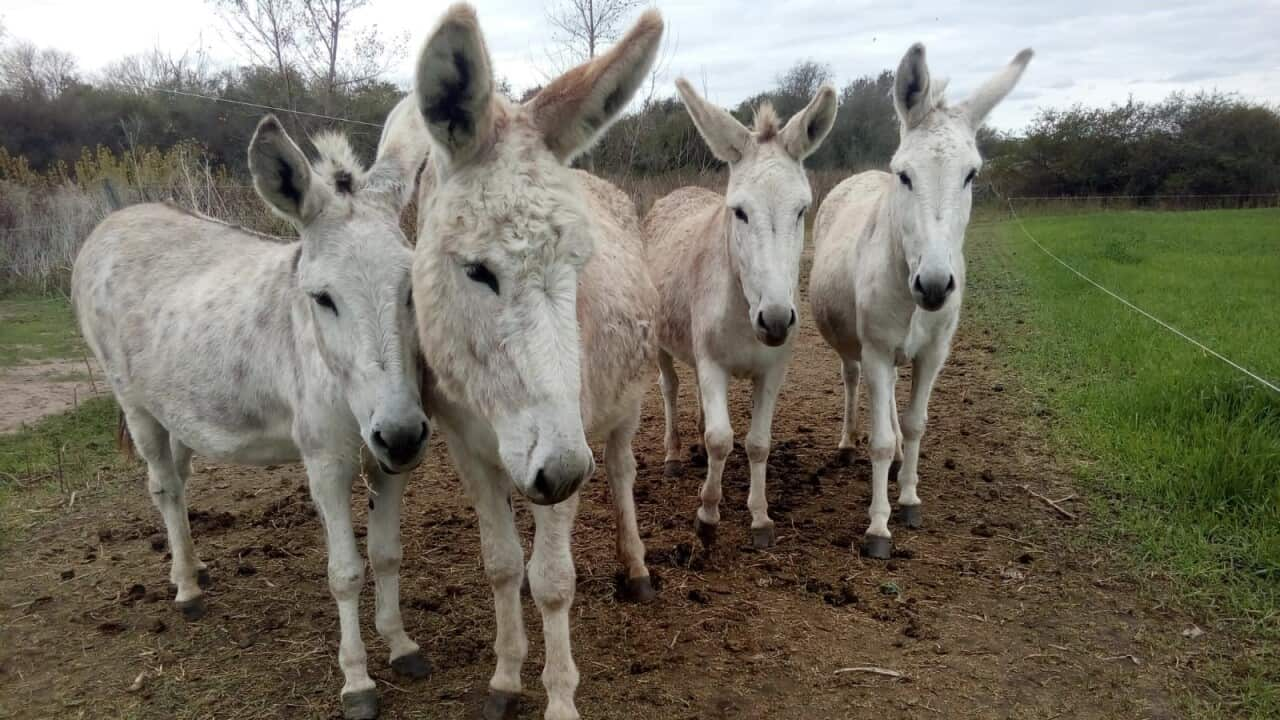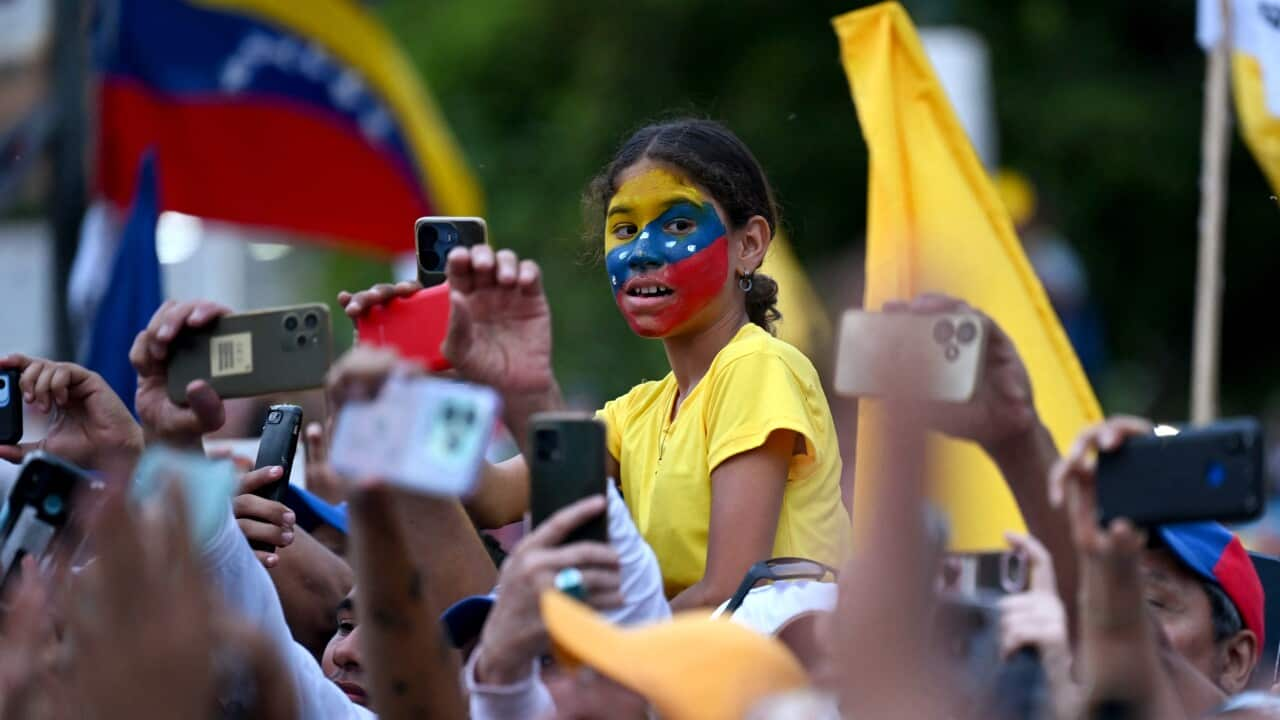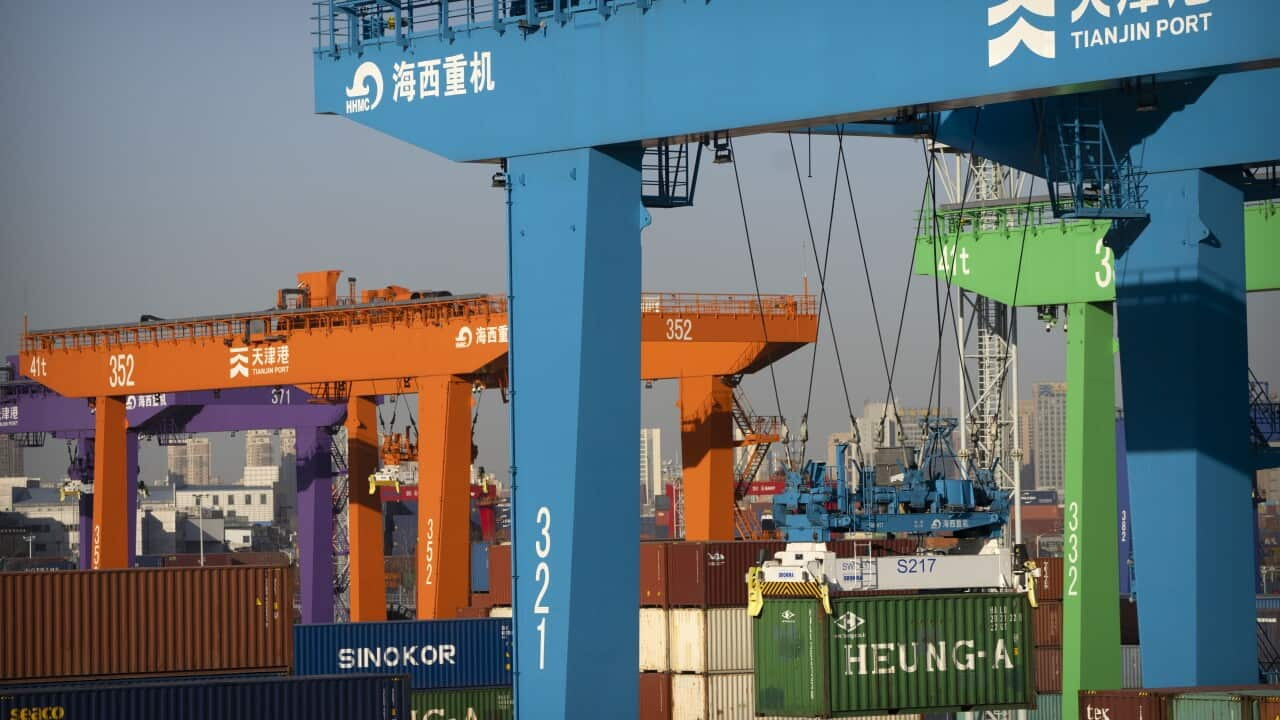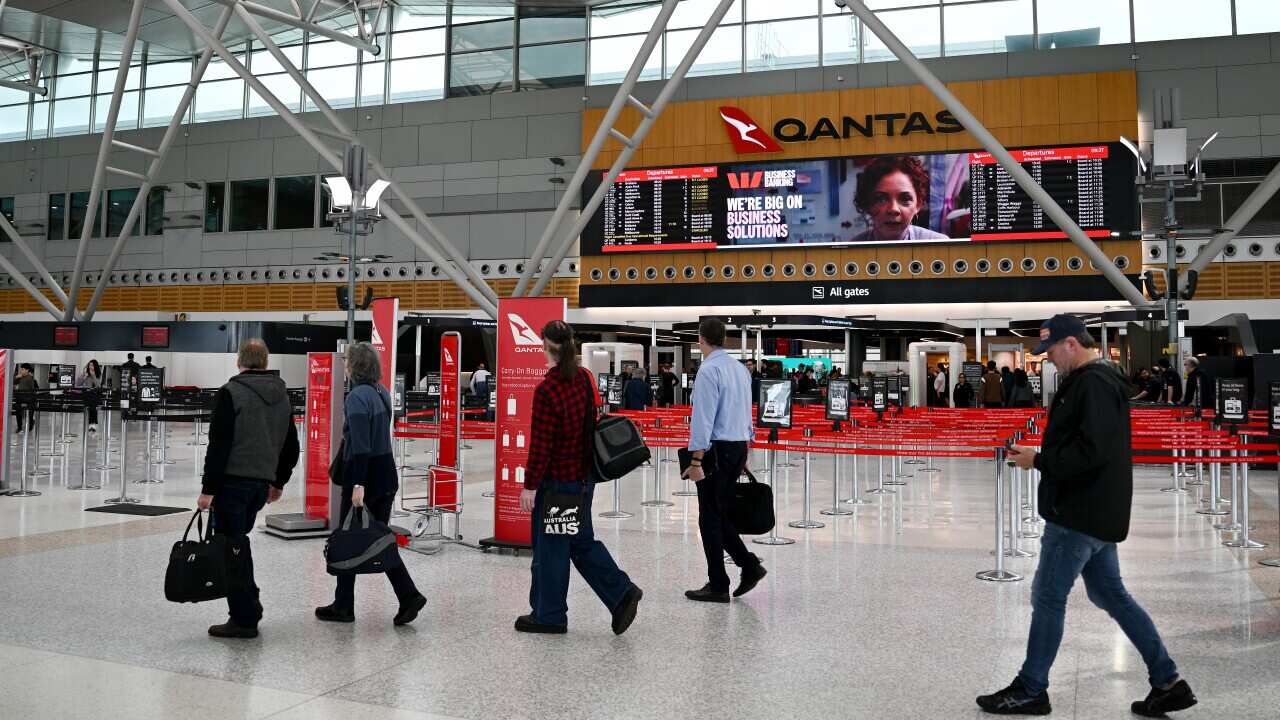Highlights:
- An international research group led by the University of Queensland, has successfully created the world's first donkey embryo through in-vitro fertilisation.
- The success of this research opens up the possibility of helping other endangered species by creating an embryo genetic bank.
- There are concerns that wild donkeys around the world are being killed to extract the 'ejiao', a key ingredient in traditional Chinese remedies.
The idea of creating a genetic bank of embryos of animals of different species, with the aim of preserving the fauna that currently inhabits the world, may no longer be just a dream.
In Australia, a research group from the University of Queensland has successfully created the world's first donkey embryo through in-vitro fertilisation (IVF).

Dr Gambini spearheads an international team of researchers which has developed a way to successfully create a donkey embryo using IVF.
“With this new tool to produce embryos in the laboratory, we can help to repopulate a species if we need to,” Dr Gambini said.
We are currently facing one of the biggest biodiversity losses in history with many species in danger of extinction due to human activity.Dr Gambini

A donkey egg immediately before an intracytoplasmic sperm injection. Credit: Andrés Gambini
Dr Gambini has been working on this project for about three years and has previously worked with horses and zebras.
His team currently has 10 frozen zebra embryos in storage, including clones.
The breakthrough with donkey embryos was important because these were much more difficult to work with, with a success rate of just five to 10 per cent, compared to horses which were about 30 per cent, he said.

Wild donkey populations around the world are critically endangered. Source: Moment RF / Photo by Claude-Olivier Marti/Getty Images
Donkey work pays off with animal embryo 'zoo' now on the horizon
The scientist said he believed that the success of this research opened up the possibility of helping other species of donkeys, as well as other vulnerable species, by creating a genetic bank of embryos.
With this new tool for producing embryos in the laboratory, we can help repopulate a species if necessary.Dr. Andrés Gambini, scientist at the University of Queensland.
According to the expert, this achievement confirms that IVF technology is ready to be implemented in species conservation programs.
“That's a bit of the idea: helping to maintain species diversity through genetic conservation - what we call a genetic bank, a kind of 'frozen zoo'," he said.
“Basically, it's having embryos and gametes in a laboratory; that is, eggs and sperm from different species of animals and being able to use them when we really consider it appropriate to do so."
For the researcher, the next step was to improve the technique, he said.
“Although we managed to produce embryos, the efficiency is still low compared to what happens in other species. There are things that we still don't understand well and our research seeks to understand mechanisms so that these embryos can grow in a healthy way in the laboratory,” Dr Gambini said.
International collaboration very important for success in science
On this project, Dr Gambini and other researchers from the University of Queensland collaborated with Argentinian and Spanish researchers from the National University of Rio Cuarto; the National Council for Scientific and Technical Research, in Buenos Aires; the University of Córdoba and the Autonomous University of Barcelona.
One of the things that I like to highlight is the effort behind it, with international collaborations that are super important for success in science. This is not an achievement of one or two people.Dr. Andrés Gambini, professor at the School of Agriculture and Food Sciences at the University of Queensland.
The world's first viable donkey embryo comes from an endangered European breed.
Currently, seven of the 28 domestic European donkey breeds are in critical condition, and 20 of them are endangered not to mention the vulnerability of wild donkey species in general.
Dr Gambini said donkey populations were being decimated by poaching, theft, illegal slaughter, the decline of grazing land and the fact that people were using donkeys less and less.
However, there were also concerns that wild donkeys around the world were being killed to extract 'ejiao', a key ingredient in traditional Chinese remedies produced from collagen in donkey skin, he said.

Credit: by Humane Society International Australia
The world's first donkey embryo is currently frozen in a laboratory in Spain. The researchers hope to create more viable embryos and find donkeys suitable for implantation before the end of the breeding season this year.
Press PLAY at the top of this page to listen to the full interview.












